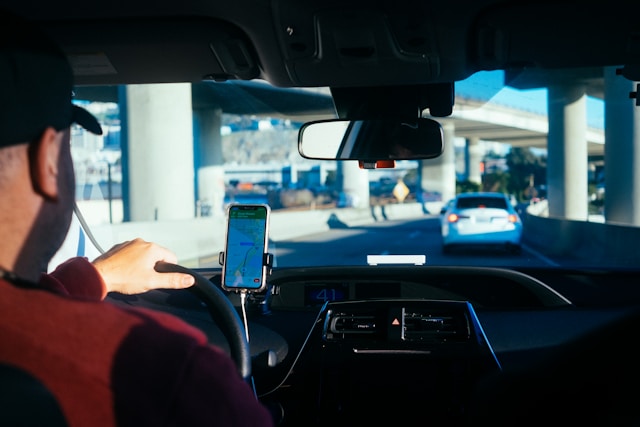An ordinary Lyft ride home turned chilling for one Toronto resident, igniting a broader debate about ride-share privacy and passenger rights.
Anvi Ahuja, a Toronto resident, was headed home in a Lyft with her roommates when an unexpected event unfolded that has since captured national attention. Shortly after stepping out of the car, Ahuja received a text message from an unknown number. To her shock, it wasn’t just any text—it was a transcript of her private conversation during the ride. The unsettling experience has left her questioning the safety and privacy of ride-share services, and she’s not alone.
Ahuja immediately reached out to Lyft to get answers. Initially, she was told by a company representative that it might be linked to a pilot program involving audio recordings. However, a written follow-up from Lyft later shifted the blame onto the driver, citing an unauthorized recording as the root of the issue. The company claimed to take “appropriate action” against the driver, yet the incident left Ahuja and others wondering: how secure are ride-share experiences if even private conversations aren’t private?
Adding to the complexity is Lyft’s admission that they are piloting an audio recording program in select U.S. cities, albeit with “strict opt-in protocols.” While the company insists Ahuja’s case was unrelated to this pilot, the revelation raises critical questions about passenger consent and data use. Lyft’s own policy prohibits recording without explicit prior consent, yet this incident seems to slip through a troubling grey area. Was this a one-off breach, or does it signal a systemic issue in ride-share privacy policies?
Experts suggest the incident runs afoul of Canadian privacy laws. Under the Personal Information Protection and Electronic Documents Act (PIPEDA), companies must not only notify passengers if they’re being recorded but also outline how the data will be used, stored, and destroyed. Ann Cavoukian, a former Ontario privacy commissioner, called the breach “completely unacceptable,” emphasizing that ride-share passengers deserve the same privacy expectations as they’d have in taxis or other private spaces. Anaïs Bussières McNicoll from the Canadian Civil Liberties Association echoed these sentiments, underscoring the need for meaningful consent to ensure passenger trust.
Ahuja’s story is more than an isolated case; it’s a wake-up call. Ride-share companies like Lyft wield immense power over passenger data, and the lack of transparency can leave individuals vulnerable. As ride-sharing becomes an integral part of urban transportation, the balance between innovation and privacy grows increasingly tenuous. How much are we willing to trade for convenience?
The onus now lies on companies like Lyft to rebuild trust. This means clear, enforceable policies that prioritize passenger awareness and consent, alongside robust mechanisms to prevent unauthorized data collection. For passengers, vigilance is key. Ask questions, understand how your data might be used, and don’t hesitate to report any suspicious activity. The promise of a safe, private ride shouldn’t be negotiable—it’s the bare minimum.
References:
She was chatting with friends in a Lyft. Then someone texted her what they said

